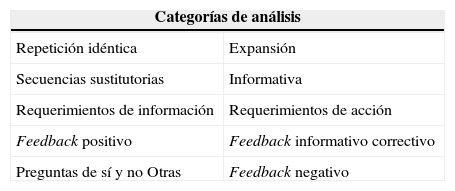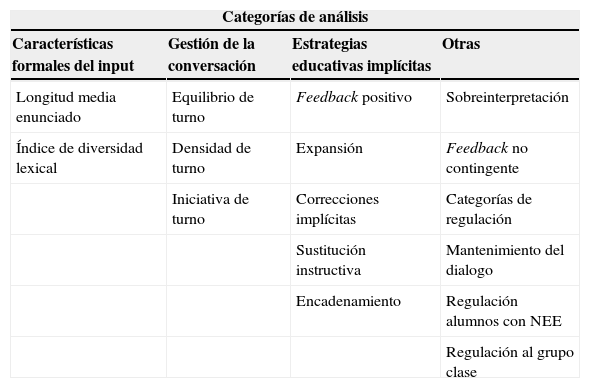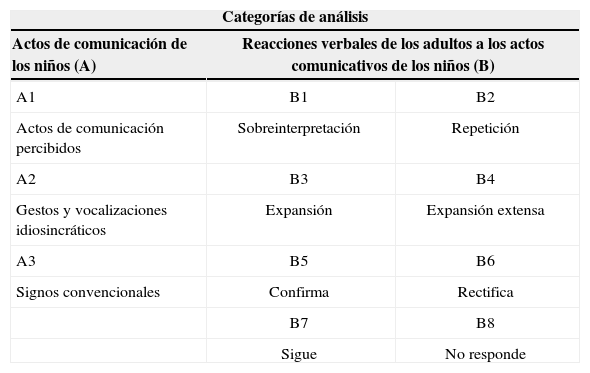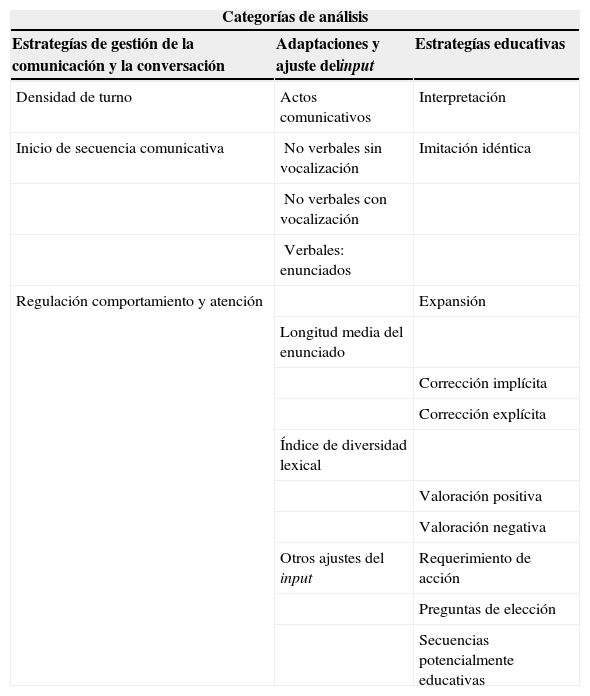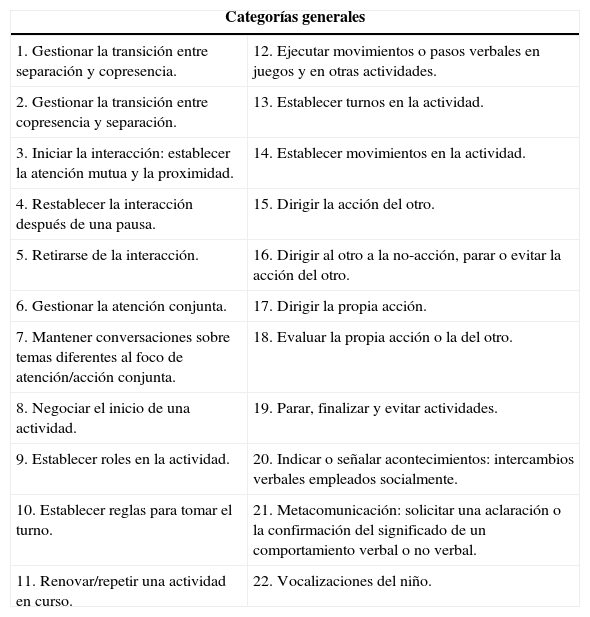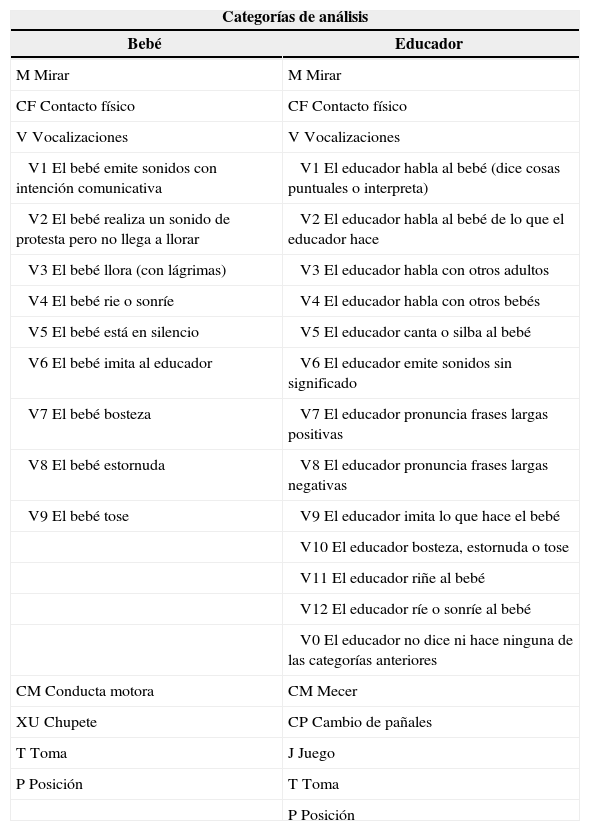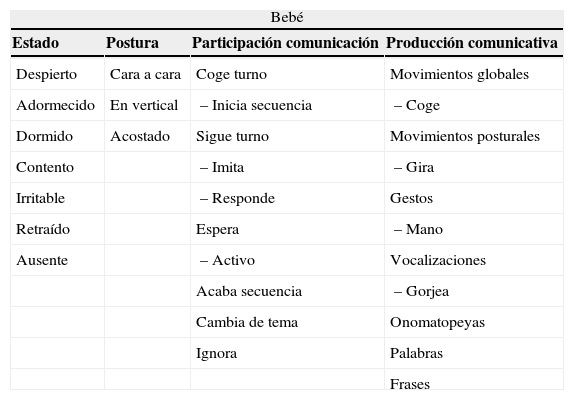Los estudios empíricos sobre la interacción adultoniño en entornos cotidianos se multiplicaron a partir del momento en que los autores de tendencia sociocultural se interesaron por el desarrollo infantil, lo cual no es de extrañar dado el papel relevante que dicha interacción puede desempeñar en la evolución psicológica general del niño según dicho enfoque.
En este trabajo se revisan una serie de estudios y escalas de evaluación que analizan y valoran la interacción temprana adulto-niño relacionada total o parcialmente con el desarrollo comunicativo y lingüístico y sus contextos cotidianos. Se trata de estudios que se han llevado a cabo en entornos de lengua española o catalana; las escalas, sin embargo, son de ámbito internacional.
El interés de las autoras al realizar esta revisión es conocer los antecedentes y sentar las bases de futuros instrumentos que permitan evaluar la calidad de aquellos procesos interactivos cotidianos que más específicamente ayudan al niño a desarrollar sus propios recursos para comunicarse y usar el lenguaje. Facilitar la evaluación de dichos procesos contribuiría a la labor de los profesionales dedicados al diagnóstico y a la intervención temprana en el área del lenguaje y su patología.
Se pretende como objetivo último analizar el estado de la cuestión así como establecer los retos pendientes en este ámbito de investigación que redunden en procesos diagnósticos y de intervención cada vez más ajustados a las necesidades de niños con dificultades en la adquisición del lenguaje y de sus familias en nuestro entorno.
La revisión constata el esfuerzo realizado para dotar de herramientas conceptuales y soporte metodológico al estudio de la interacción comunicativa y lingüística en un entorno natural y para tratar de identificar actuaciones diádicas que impulsen el desarrollo del lenguaje.
From the moment that sociocultural and ecofunctional oriented authors started researching child development the amount of empirical studies about adult-child interaction in everyday contexts increased dramatically. This is not surprising given the importance those researchers attach to the adult-child interaction in the psychological development of the child.
In this paper we review studies that analyze early adult-child interaction that relates, in all or in part, to communication and language development in everyday contexts. Most of them are observational studies that help specify the role every partner plays during interactive communication, and at the same time try to identify reciprocal actions that, according to the theory expressed in the present article, may affect child language development. We will analize observational studies that took place in spanish and catalan speaking cultural areas while the rating scales are of an international scope.
With this survey the authors pretend to review the present state of knowledge and establish the basis for future instruments to be used in the assessment of early daily interactions, mainly those processes that are essential for the development of the child's means to communicate and use language. We believe that the identification and assessment of those processes will be of great help to speech therapists and others involved in early intervention in language development and language disorders. Our final goal is to present the state of the art and find future challenges thus promoting research in this area that results in better and more precise assessment and intervention practices with language impaired children and their families of our own culture.
Finally, the review we present here shows the effort already done in finding theoretical and methodological grounds for the study of early communicative and linguistic interaction in every day settings while identifying the diadic actions that help language development.
Artículo
Comprando el artículo el PDF del mismo podrá ser descargado
Precio 19,34 €
Comprar ahora






